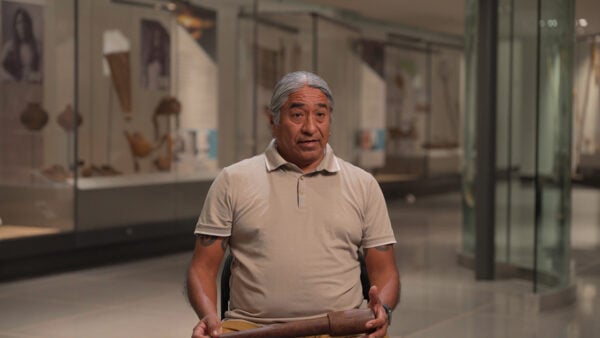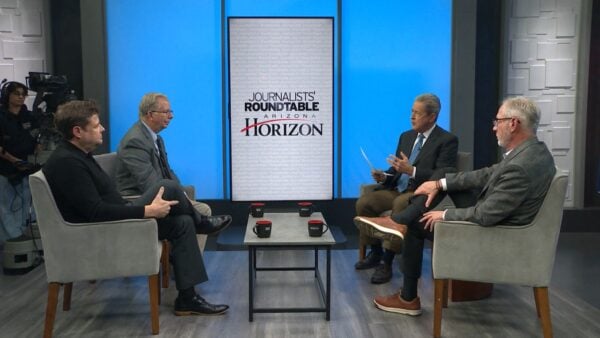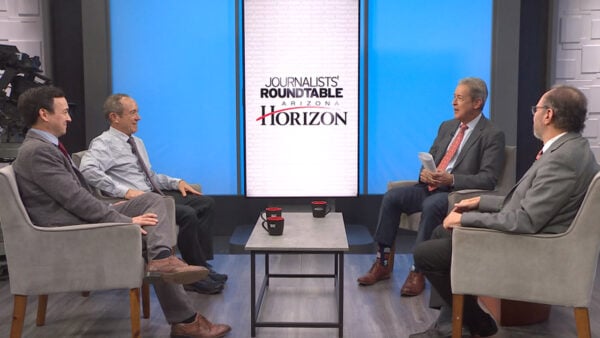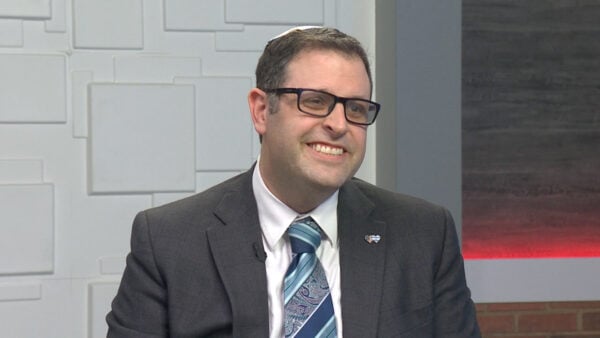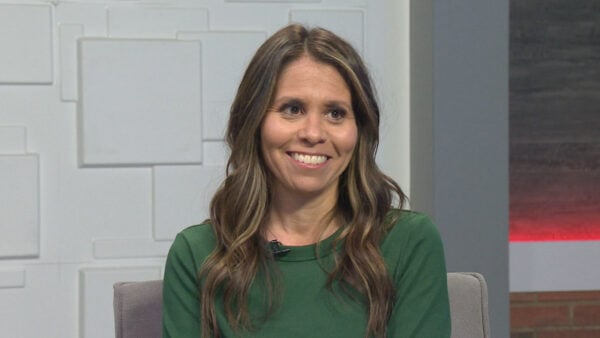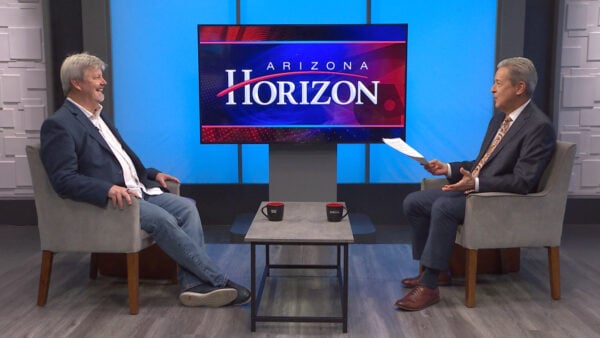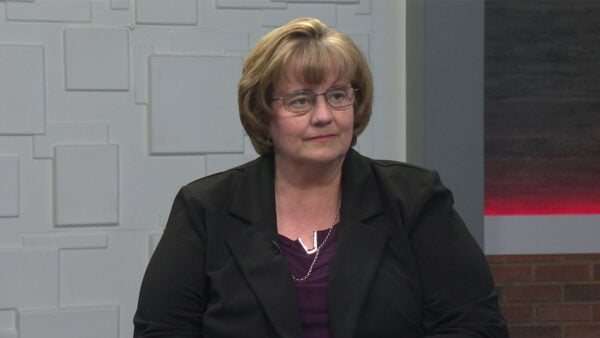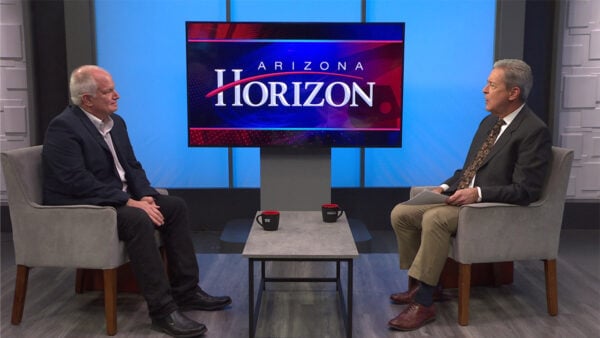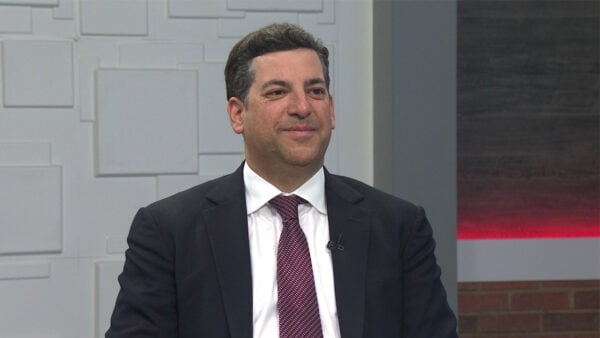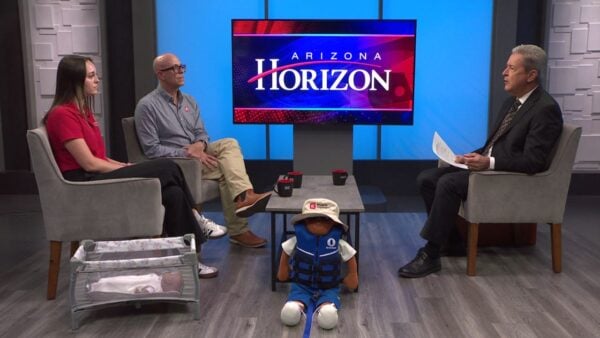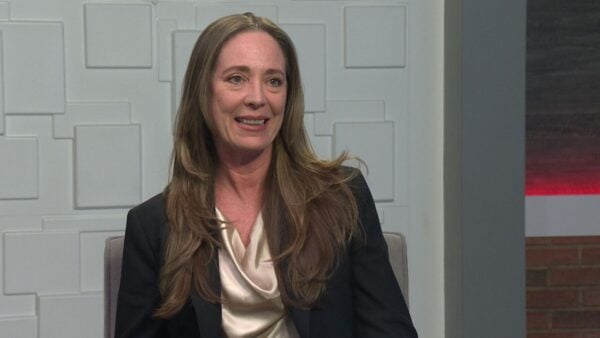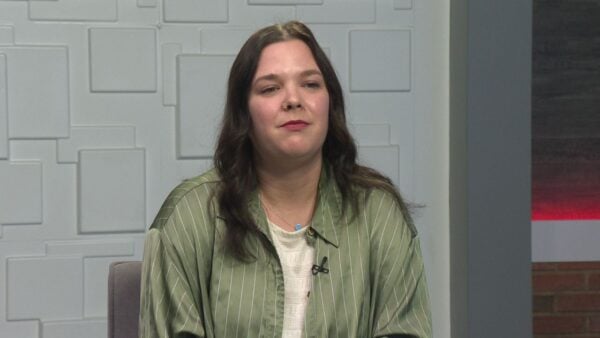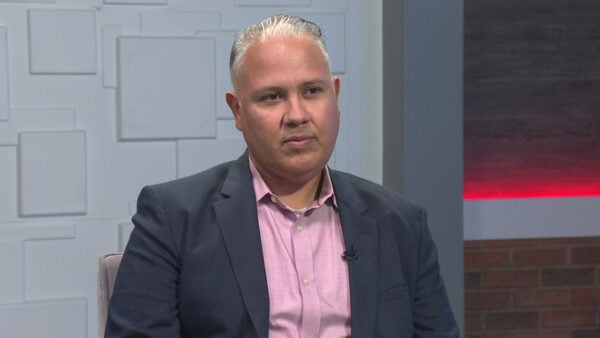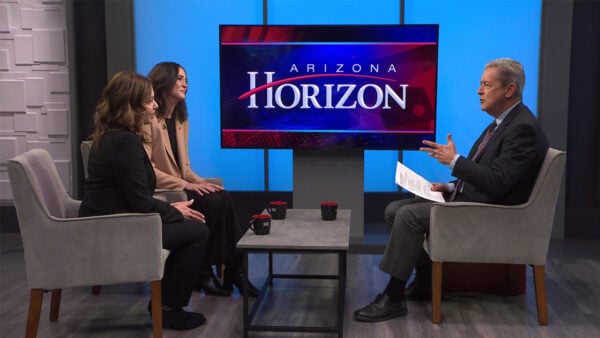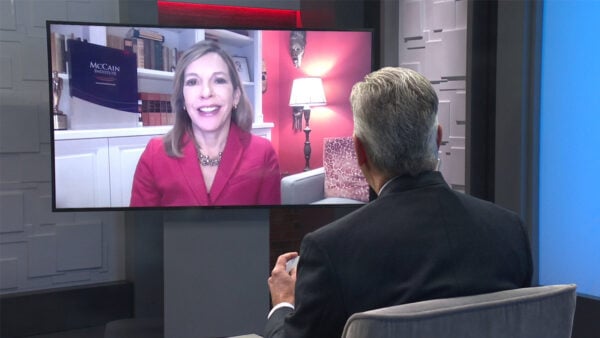Catalyst: Running from man to woman
Oct. 7, 2020
Training to be a top-level athlete is a challenge. But doing so while transitioning from one gender to another is even more difficult. From our “Catalyst” science team, the story of one woman who is meeting both of those challenges as her body – and her identity – change.
Lauren, who prefers to keep her last name private, is a competitive athlete but isn’t yet the person she feels she was always meant to be. She is transitioning from male to female. But she is also allowing scientists to study intimate changes in her body as she makes the transition.
She is a highly competitive distance runner who has won dozens of races and competed in the Boston Marathon. Before her transition, she wasn’t feeling like herself. “Not being able to be really who I feel I am, I was just like, I’m tired of this.”
Siddhartha Angadi, Ph.D, of ASU’s College of Health Solutions, said, “Right now what’s going on is that physiologically she is being rendered female.”
There haven’t been a lot of clinical studies or data regarding exogenous or estrogen during transition and what is needed for transgenders in 20 to 30 years.
Lauren is allowing Siddhartha Angadi and his Arizona State University research team to measure the ongoing changes in her body and athletic performance.
“I love running fast,” Lauren said. “I’m pushing myself as hard as I can.”
Angadi said that the biggest surprise was how quickly her performance changed after she started the hormone therapy. “When she started this study at peak exercise, her heart, on average, was putting out about 140 mLs of blood per beat. Now it’s putting out about 80. She’s absolutely losing something she’s pursued her entire life, in terms of performance, but I think within all humans, we have a sense of priorities.”
“There’s been some moments where I just seriously wanted to give up,” Lauren said. “But it’s just better to be myself. I’m tired of hiding.”
“Catalyst” will continue to follow Lauren’s story in the coming months as she continues her journey: Not just the science but also the emotional steps she will be taking along the way.

